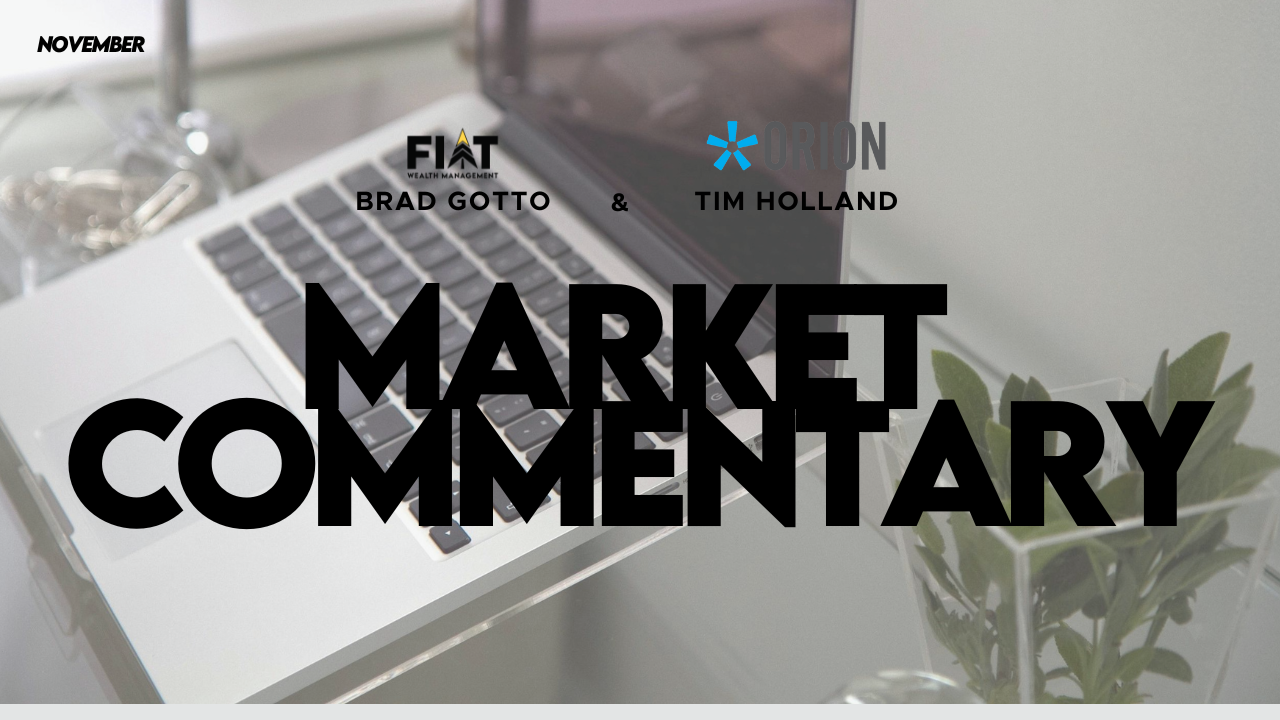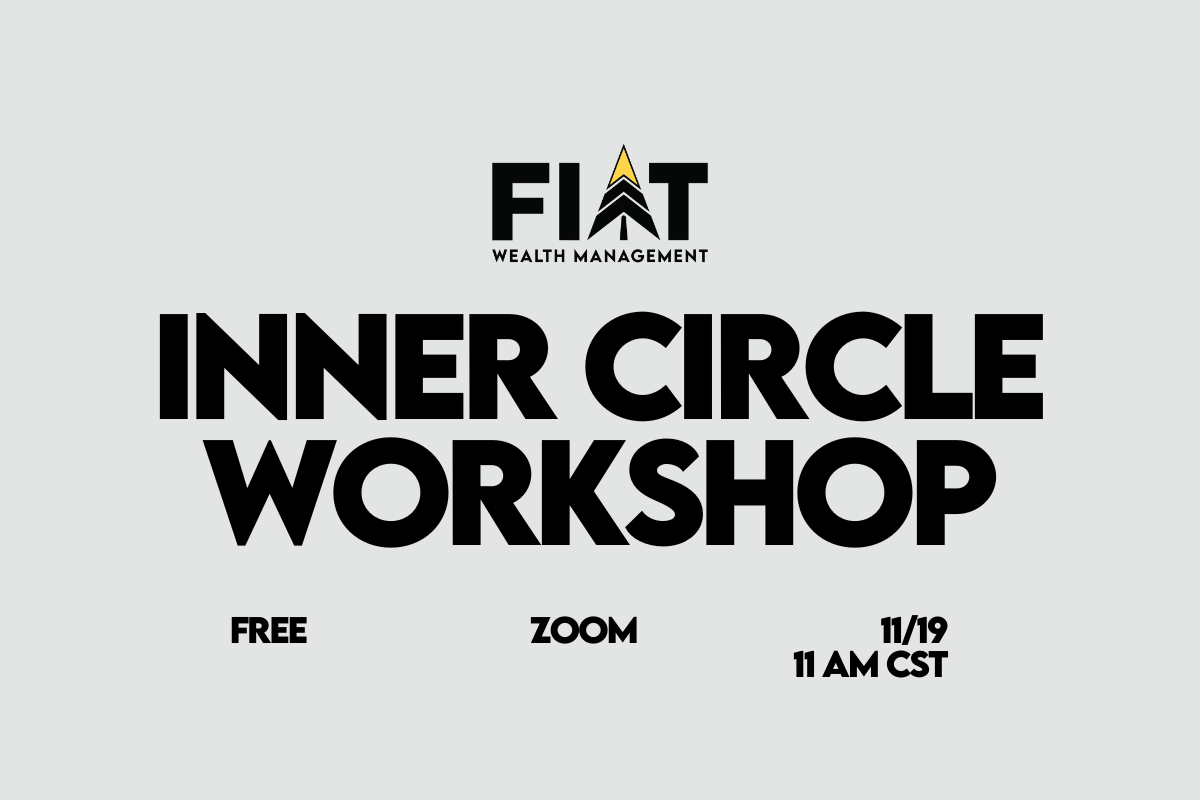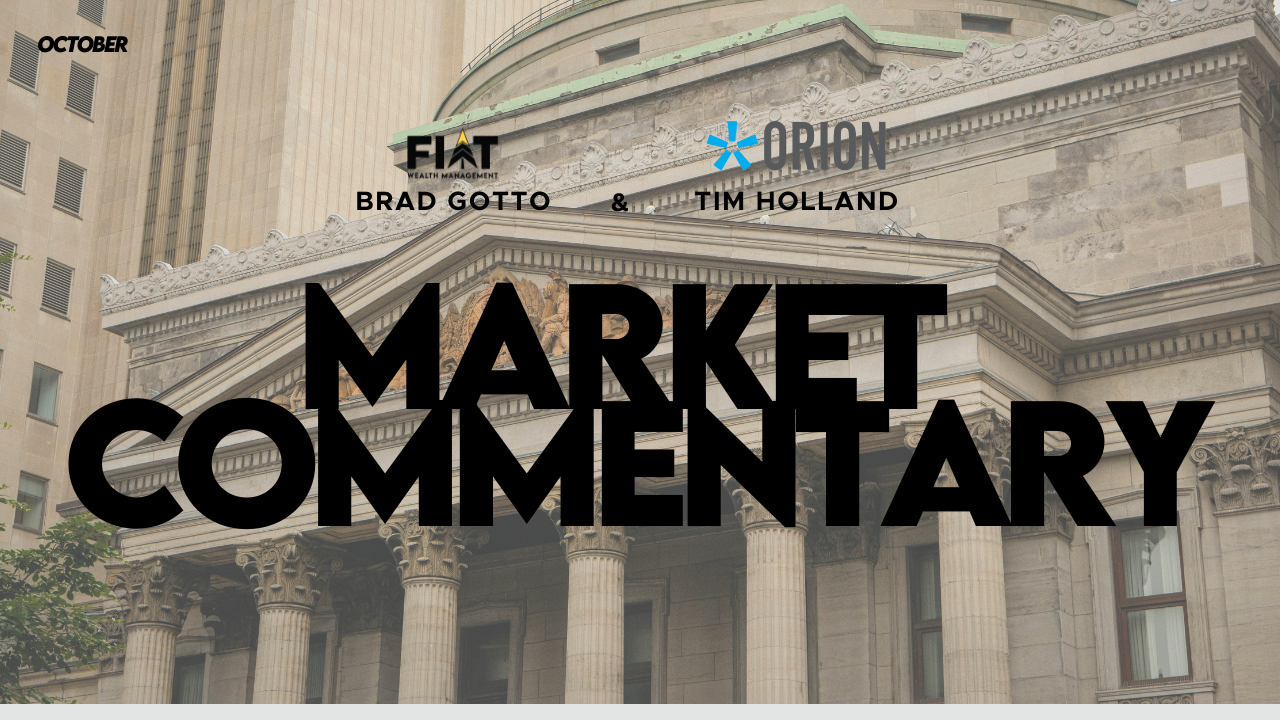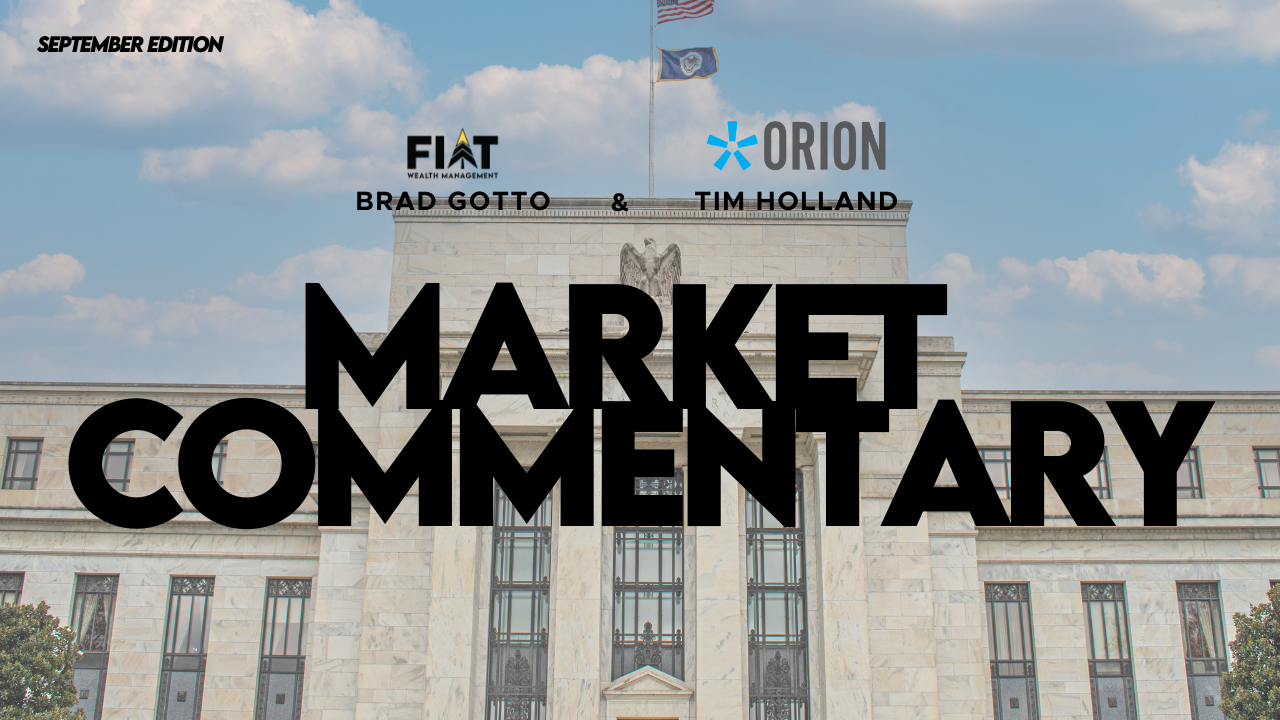Retirement planning has undergone a significant transformation over the years, and at the heart of this evolution lies the 401(k) - a cornerstone of modern retirement savings. In this week's podcast episode, Brad and Matt debunk some common 401(k) myths. (If you haven’t already, you can listen to the podcast by clicking here) To give some context to the 401(k) strategy conversation, we decided to do some homework. In this blog post, we'll take a journey through the history of the 401(k), tracing its origins, development, and impact on how we save for our golden years.
Origins and Inception
The conception of the 401(k) can be traced back to the Revenue Act of 1978. This act included a provision, initially known as Section 401(k), which allowed employees to defer a portion of their salary and invest it in a tax-deferred retirement account. The primary intention was to provide a supplemental savings option for employees on top of traditional pension plans.
Early Days: A Slow Start
Initially, 401(k) plans were relatively underutilized. Back then, they were seen as a "fringe benefit," with many employees hesitant to embrace this new way of saving. Employers were also cautious about the administrative complexities of managing these plans.
The Tax Reform Act of 1986
The landscape changed dramatically with the Tax Reform Act of 1986. This act removed many barriers that limited the popularity of 401(k) plans. One of the fundamental changes was the introduction of salary deferral limits, making it easier for employees to contribute more significant amounts to their 401(k) accounts. These changes played a crucial role in boosting employers' adoption of 401(k) plans.
Rise to Prominence
As the 401(k) plans gained traction, employers began recognizing their potential benefits. They provided a way to shift some of the responsibility for saving for retirement from the employer to the employee. This shift aligned with broader changes in the job market and the decline of traditional pension plans.
401(k) Evolves: Introduction of Employer Matching
Employers began offering matching contributions to employees' 401(k) accounts to incentivize employee participation further, which meant that employers would match a portion of the employee's contributions, effectively providing "free money" to encourage retirement savings.
Advancements and Challenges
Over the years, the 401(k) landscape has seen several advancements, including the introduction of Roth 401(k) options, allowing after-tax contributions with tax-free withdrawals in retirement. Despite its popularity, the 401(k) system has faced criticism for potentially exacerbating income inequality and not adequately preparing individuals for retirement.
Looking Ahead
The 401(k) has become a fundamental component of retirement planning for millions of individuals. As the workforce continues to evolve, the 401(k) will likely continue to adapt and change to meet the needs of a diverse range of savers.
The history of the 401(k) reflects a dynamic evolution in retirement planning. From its humble beginnings as a tax provision to its present status as a mainstay of retirement savings, the 401(k) has transformed how we prepare for life after work. While challenges and debates about its effectiveness persist, the 401(k) has undeniably shaped the retirement landscape and will remain a vital tool in securing financial futures for generations to come.













.png)